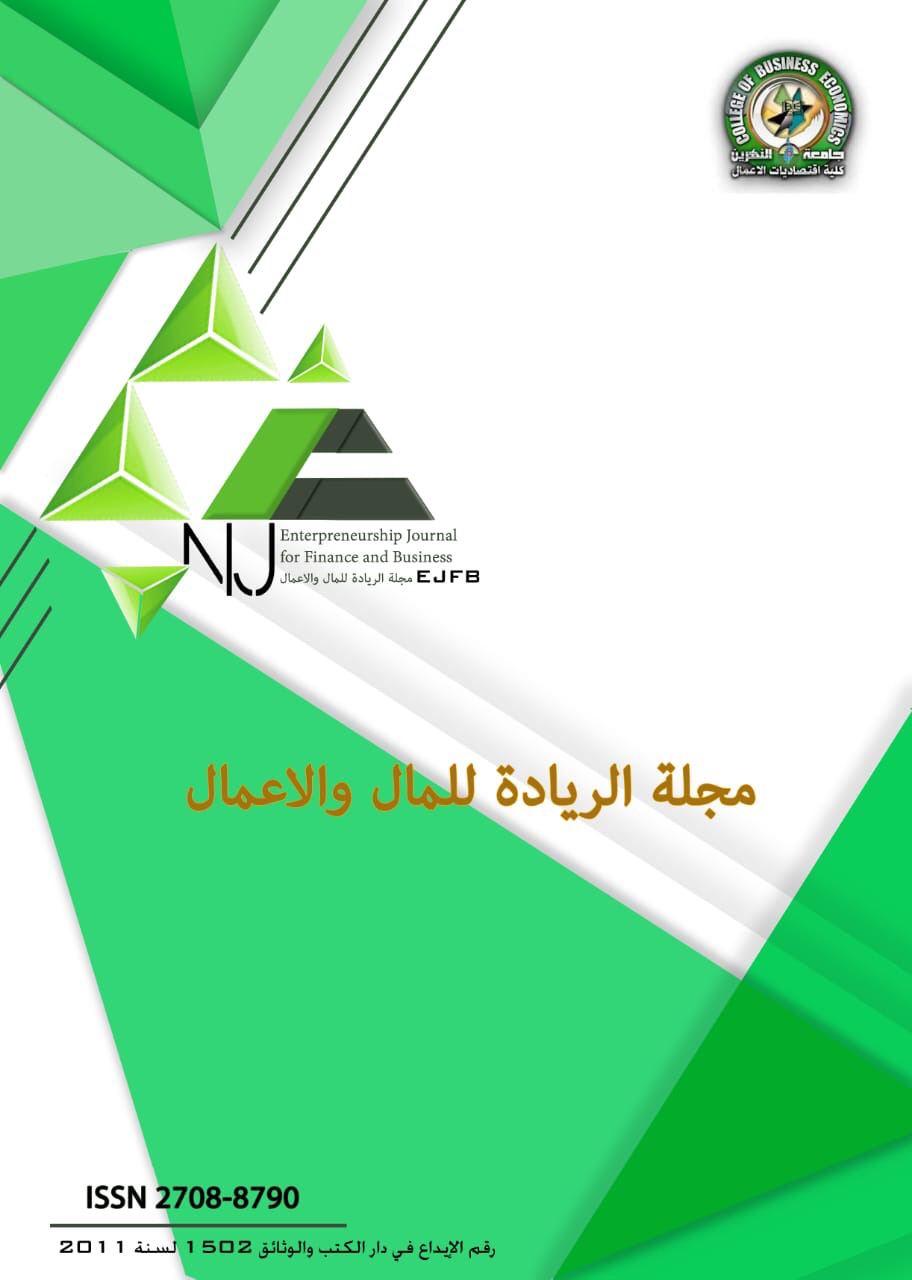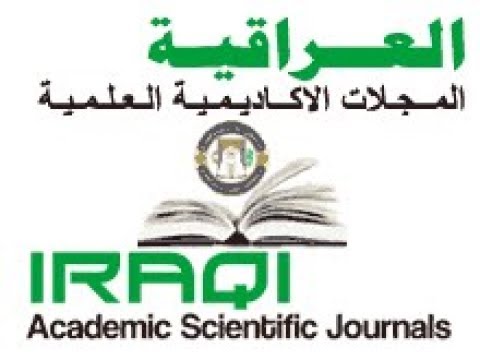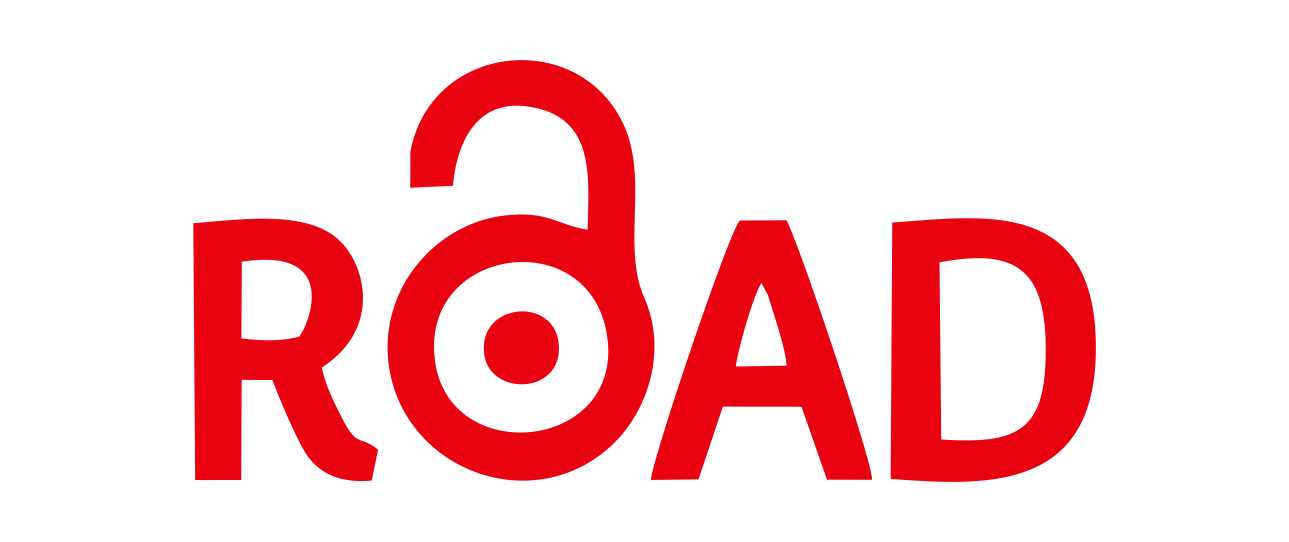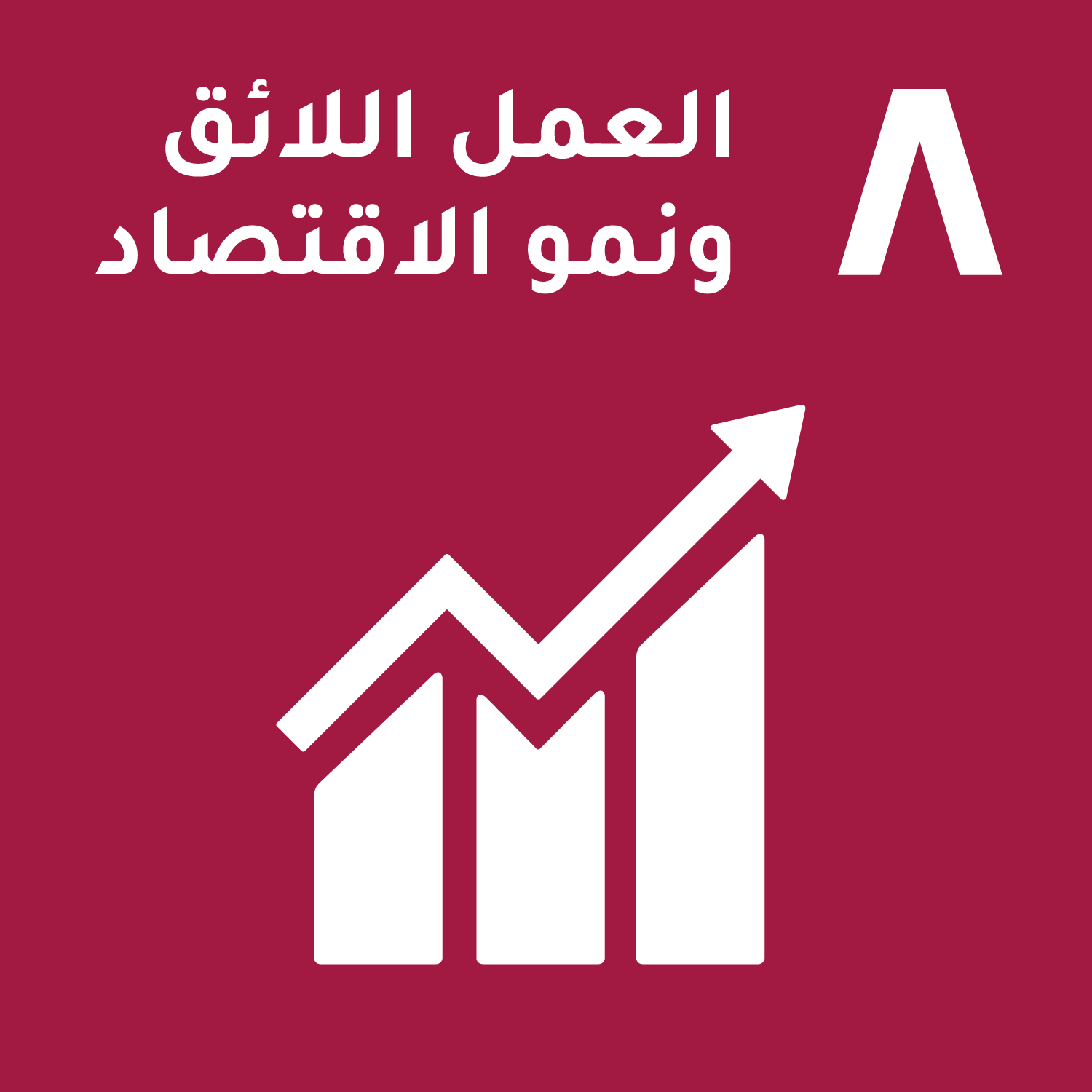توظيف بطاقة العلامات المتوازنة المستدامة في تحديد المعلومات غير المالية لأعداد التقارير المتكامل
DOI:
https://doi.org/10.56967/ejfb202148الكلمات المفتاحية:
بطاقة العلامات المتوازنة، التقارير المتكاملة، المعلومات غير الماليةالملخص
يهدف البحث الى تسليط الضوؤ على مراحل تطور بطاقة العلامات المتوازنة وصولاً الى بطاقة العلامات المتوازنة المستدامة . و فقاً لما تحتويه بطاقة العلامات المتوازنة المستدامة من مؤشرات غير مالية كثيرة في مناظيرها الثلاثة عدا المنظور المالي لذا هدف البحث الى توظيف البطاقة و تحديد مؤشراتها التي عادة ما تكون وظيفتها تقييم الاداء لتكون تلك المؤشرات نفسها المعلومات غير المالية التي يتم الافصاح عنها ضمن نموذج التقرير المتكامل , الذي يمثل الجيل الاكثر تطوراً للأبلاغ .
و تم اختيار شركة بطاقة الدفع الالكتروني Qcard لتطبيق نموذج البحث المقترح . أذ تم تحليل تقاريرها المالية و الادارية اضافة الى أجراء مقابلات مستفيضة مع رؤساء الاقسام المختلفة في الشركة عينة البحث . و تم تحديد الممؤشرات التي كونت بطاقة العلامات المتوازنة المستدامة و التي مثلت فيما بعد الدليل لأعداد نموذج التقرير المتكامل بعد توزريع المؤشرات التي تمثل معلومات غير مالية على مكونات نموذج التقرير المتكامل التسعة .
و أهم أستنتاج كان تشغيل المعلومات غير المالية اضافة الى المعلومات المالية ادى الى تفعيل أدوات المحاسبة الادارية و تسهيل رسم ستراتيجية الوحدة الاقتصادية و تنفيذ الاهداف الستراتيجية للوحدة الاقتصادية و تحقيق متطلبات الاستدامة , و قد وسع تنويع مصادر المعلومات مدى قدرة الوحدة الاقتصادية في تقييم ادائها من وجهات نظر متعددة و مكنت المحاسب الاداري و الادارة من تكميم التوقعات الى اقرب درجة من الدقة مما يؤدي الى تصويب عملية التقييم و توسيع مساحة خيارات التصحيح التي من الممكن طرحها في عملية تقويم الاداء الستراتيجي. أما أهم توصية كانت ضرورة توحيد جهود الأكادميين و المهنيين لرفع مستوى تطبيق أدوات المحاسبة الادارية في الوحدات الاقتصادية , و توظيف تلك الادوات في تمكين الوحدات لتحقيق متطلبات الاستدامة و ما يتبع ذلك من ضرورة تطوير مهارات المحاسب الاداري في أعداد التقارير التي تغذي الادارات بالمعلومات اللازمة لتحقيق تلك المتطلبات .
التنزيلات
التنزيلات
منشور
كيفية الاقتباس
إصدار
القسم
الرخصة

هذا العمل مرخص بموجب Creative Commons Attribution 4.0 International License.
هذه هي مقالة منشورة بنمط الوصول الحر وموزعة تحت شروط ترخيص المشاع الابداعي نسب المصنف (CC BY) 4.0 دولي التي تسمح بالاستخدام غير المقيد، التوزيع، واعادة الانتاج في أي وسيط أو صيغة، والتحوير أو البناء على المادة، بما في ذلك للأغراض التجارية، شريطة أن يتم نسب العمل للمؤلف الأصلي.










